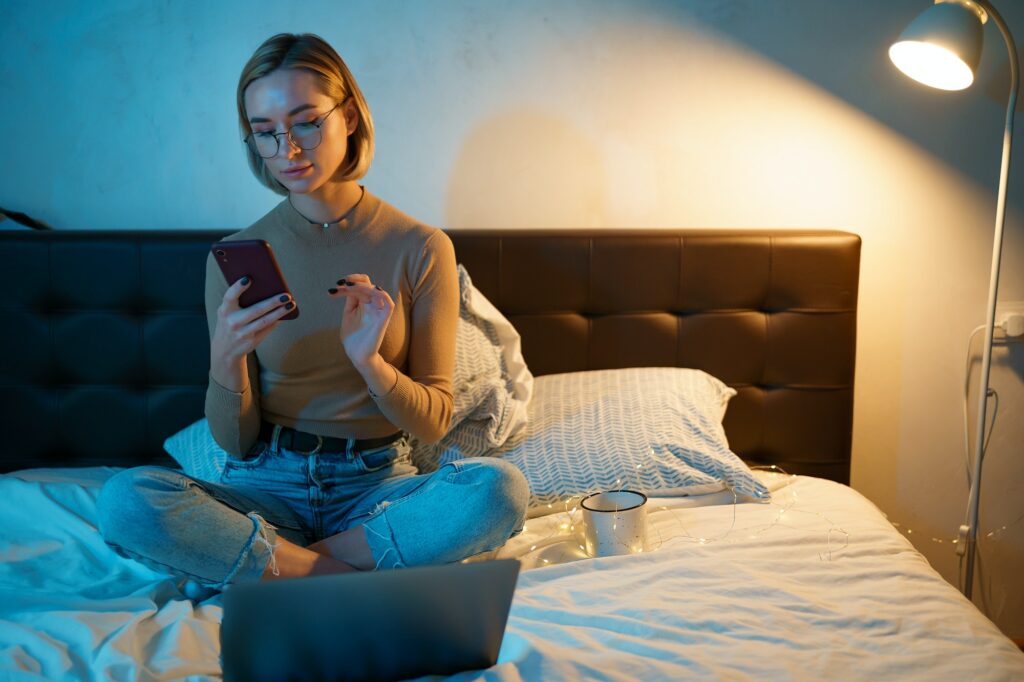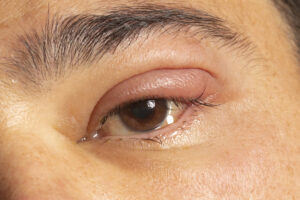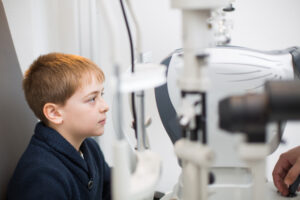What are Blue Light Glasses?
We spend so much time in front of our computers that it’s almost ridiculous. The typical workday for an office worker consists of approximately 6.5 hours spent at their computer, and that’s just for their job.
It does not take into consideration the hours that you spend binge-watching your favorite series on Netflix or the time that you spend glued to your phone scrolling through and posting on social media platforms.
Spending too much time in front of a screen has been linked to a variety of negative health impacts, including eye strain, headaches, and insomnia. Because of this, a significant number of individuals are selecting glasses that block blue light.
What exactly are these blue light glasses?
Blue light-blocking glasses feature lenses that have been carefully designed to block or filter out the blue light that is emitted from digital screens. The best eyewear to prevent blue light has lenses that are yellow, orange, or amber.
The lenses are typically advertised with bold claims such as “protect your eyes from eye strain” and “may help decrease the possible damage to your retina from continuous exposure to blue light.” Both of these statements are a bit controversial.
So, do blue-light-blocking glasses actually work?
Evidence shows that exposure to blue light in 470-490nm wavelength range is less harmful to the eye than blue light in the 400-470nm wave length. These higher energy wavelengths play an important role in the circadian rhythm. Children are also more sensitive to the effects of UV/blue light due to the structures of the eye not being able to filter it out as well.
At this point, there is no clinical evidence that shows the negative effects of artificial high energy blue light – other than the disruption of sleep and your circadian rhythm.
Anecdotally, Dr. Leung has had many patients who suffer from migraines/headaches/eyestrain that see an improvement in their symptoms from the blue light filter. The use of computer glasses with clear lenses can block approximately twenty percent of blue light, which is often sufficient to mitigate the adverse effects of exposure to blue light.
So ultimately – it depends on the person! A consultation with your optometrist will be best to discuss your individual risks factors such as age, eye health, and length of exposure to see if they are right for you.
At Lumos Vision Care, you will be exposed to innovative optometry that combines cutting-edge technologies with experienced and board-certified eye care specialists in order to provide you with the best possible vision care. By providing you with quality eye care, we hope to facilitate the improvement of your eyesight to its fullest potential.








